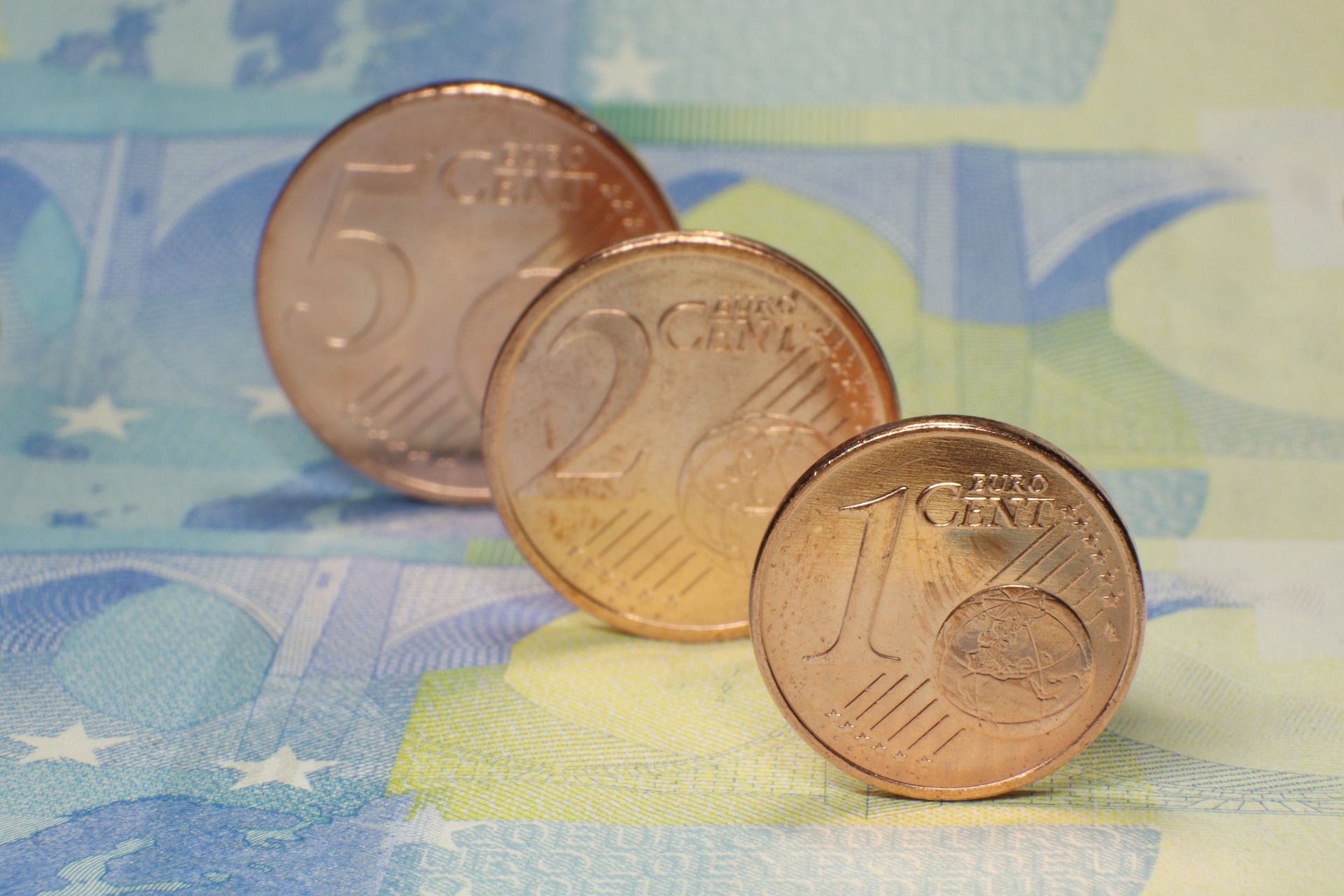
The 1 and 2 cent coins are very expensive to produce and are rarely used. (Courtesy photo)
Belgium stops usage of small change
Since Dec. 1, businesses in Belgium have had to round cash payments to the nearest 5 cents, removing the need for 1 and 2 cent coins in transactions. Why rounding? Because the 1 and 2 cent coins are very expensive to produce and are rarely used.
How does it work ?
- 1 and 2 cents will be lowered to 0 cents
- 8 and 9 cents will be increased to 10 cents
- 3 and 4 cents will be increased to 5 cents
- 6 and 7 cents will be lowered to 5 cents
For example, if you have to pay €10.22, you will pay €10.20. If you have to pay €10.98, you will pay €11.
This change only applies to customers who are doing shopping in a store, not for online shopping. When paying by card, merchants are free to round payments.
The 1 and 2 cent coins are still valid as means of payment and will not be withdrawn from circulation, or lose their value. The reasonable quantity is maximum 50 coins per payment. In the same way, consumers cannot refuse the coins when received in change, up to the maximum amount.
Belgium is not the only country to discourage use of small change. Finland, Ireland, and The Netherlands have already enforced the rule.
For more information, visit https://economie.fgov.be/en/themes/sales/mandatory-rounding-1-december/mandatory-rounding-faq.
By Christophe Morel, USAG Benelux Public Affairs




